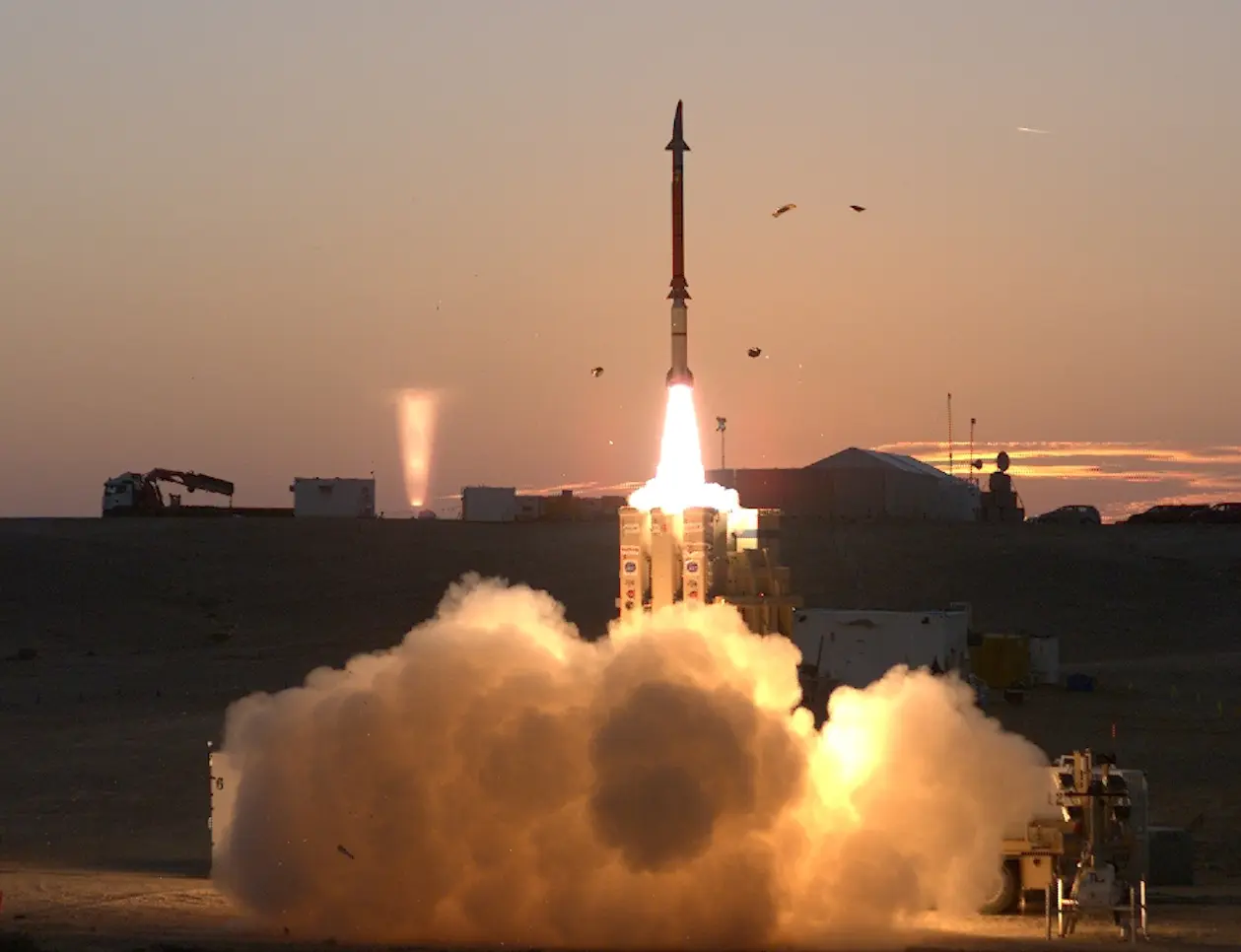
Iranian missile strikes overwhelmed Israeli defence systems, setting Tel Aviv ablaze
Fire in the Sky: Tel Aviv Under Siege
In the early hours of June 19, Tel Aviv was rocked by a barrage of Iranian missiles that tore through Israel’s multi-layered defence systems, including the Iron Dome and David’s Sling. The strikes, launched in retaliation for Israel’s earlier assault on Iranian nuclear and military sites, marked a terrifying new chapter in the escalating conflict between the two nations.
Table of Contents
Eyewitnesses described scenes of panic and devastation. “There was fire all over,” said a resident of the Da Vinci Tower, one of the buildings damaged in the attack. “We heard sirens, then explosions. The sky lit up like it was daytime.”
Iran’s Islamic Revolutionary Guard Corps (IRGC) claimed responsibility for the precision strikes, stating they had targeted Israeli military and intelligence facilities. Among the sites reportedly hit were the Kirya military headquarters and Mossad’s operations center in Tel Aviv. The Israeli Defence Forces (IDF) confirmed that several missiles had evaded interception, causing significant damage and casualties.
Defence Breached: A Blow to Israeli Security
The attack has raised serious questions about the reliability of Israel’s air defence systems. Despite intercepting dozens of incoming threats, several missiles penetrated the shield, striking densely populated areas and critical infrastructure. Israeli media outlets, including Yedioth Ahronoth, reported that key defence layers had “collapsed under pressure,” a rare and alarming admission.
Military analysts suggest that Iran employed advanced evasion tactics and saturation strikes to overwhelm the system. “This wasn’t just brute force, it was strategic warfare,” said retired IDF General Amos Yadlin. “They knew where to hit and how to confuse our radar.”
The breach has shaken public confidence. Social media was flooded with videos of explosions, burning buildings, and terrified civilians huddled in shelters. Hospitals across Tel Aviv activated emergency protocols, and the government urged citizens to remain indoors.
Prime Minister Benjamin Netanyahu convened an emergency security meeting, vowing a “crushing response.” He declared, “This was not just an attack on Tel Aviv, it was an attack on the heart of our nation. We will respond with the full force of the Israeli state.”
Global Shockwaves: A Region on the Brink
The Tel Aviv attack has sent shockwaves across the globe. The United Nations called for immediate de-escalation, while the United States condemned the strikes but urged restraint. China and France expressed deep concern, warning that the conflict could spiral into a full-scale regional war.
The timing is especially volatile. The attack came just days after Israel launched Operation Rising Lion, a preemptive strike on Iranian nuclear facilities that reportedly killed several top Iranian generals and scientists. Iran’s Supreme Leader Ayatollah Khamenei vowed revenge, and the Tel Aviv strike appears to be the fulfillment of that promise.
Meanwhile, diplomatic efforts have stalled. Nuclear talks between Iran and the U.S. have been suspended, and both nations have closed their airspace. Oil prices have surged, and global markets are bracing for further instability. Yet amid the chaos, stories of resilience have emerged. First responders worked through the night to rescue civilians trapped in rubble. Volunteers distributed food and water to those in shelters. And across Israel, citizens lit candles in solidarity with Tel Aviv.
Stay updated with the latest news on Rapido Updates. Keep yourself updated with The World, India News, Entertainment, Market, Gadgets, Sports, and many more..